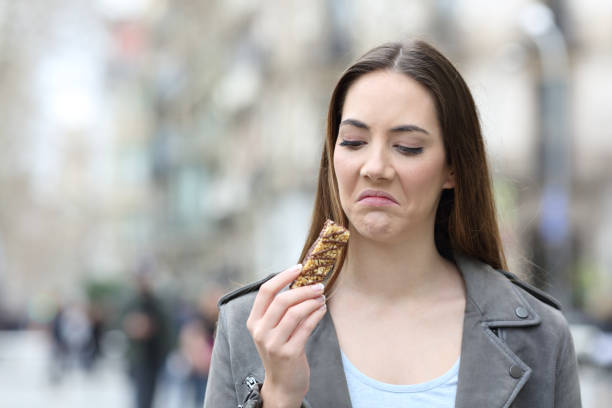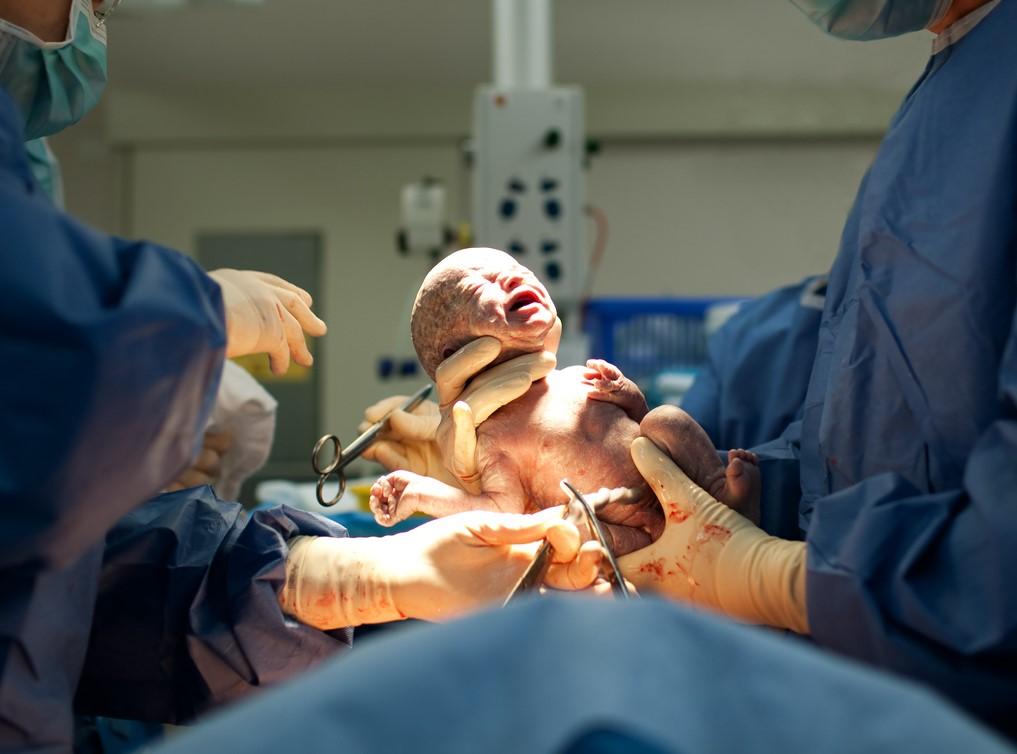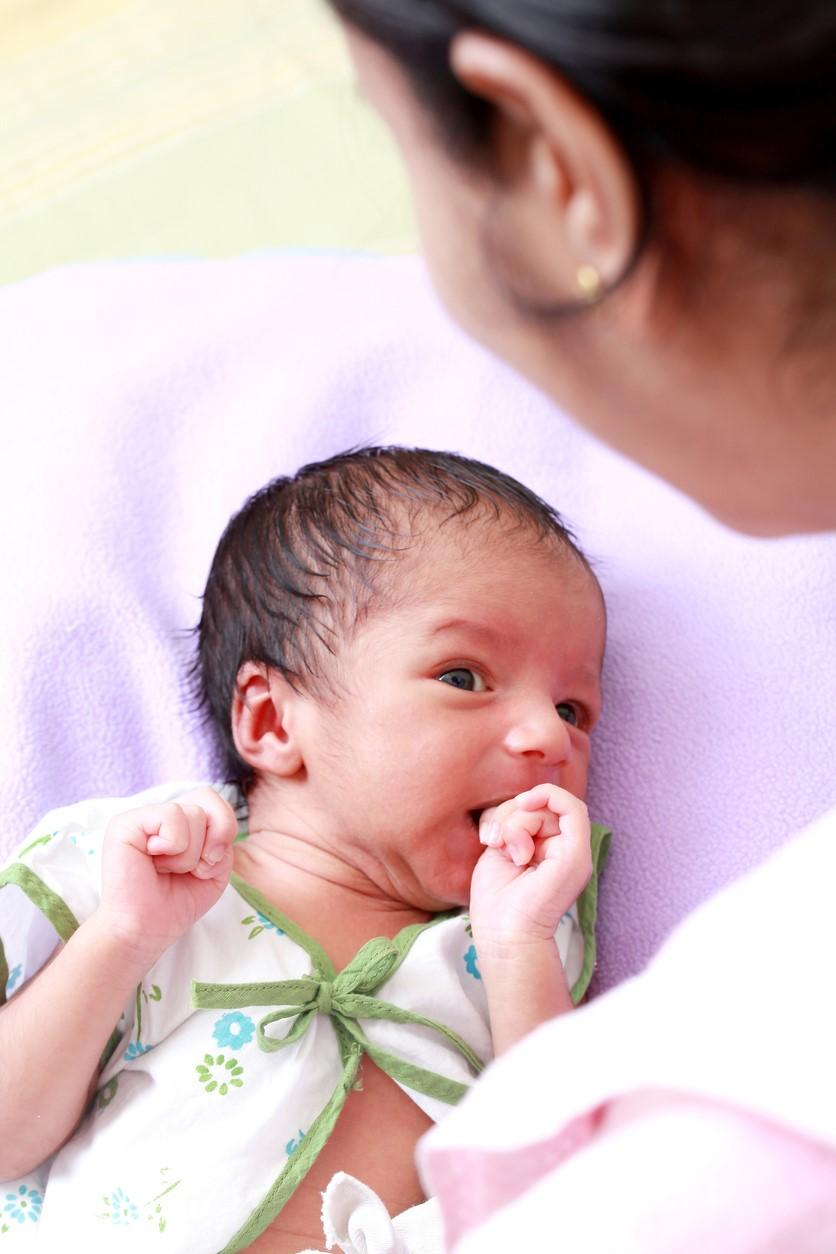
Sense of smell—but not taste—was still impaired in some COVID patients at 1 year, according to a new study in JAMA Network Open.
The US-based cross-sectional study compared 340 people with and 434 without prior COVID-19, recruited from February 2020 to August 2023 from the social media website Reddit.
Researchers instructed participants to take the 53-item Waterless Empirical Taste Test (WETT) and 40-item University of Pennsylvania Smell Identification Test (UPSIT) to assess taste and smell function.
Loss of taste and smell was one of the first symptoms most commonly ascribed to COVID-19 infections, but few studies have looked at the loss after 1 year, or in infections caused by newer variants. Furthermore, only a handful of studies have been based on smell and taste tests.
Participants in the study had a mean time between testing and COVID-19 diagnosis of 395 days (95% confidence interval [CI], 363 to 425 days). The total WETT scores did not differ significantly between participants with and without a COVID-19 history, with both groups falling within normal ranges.
Almost a third with prior COVID had loss of smell
The UPSIT test assessing smell, however, showed that people with COVID-19 had mean scores that were significantly lower than those without a history of COVID (age- and sex-adjusted mean, 34.4 [95% CI, 33.9 to 34.9] compared to 35.9 [95% CI, 35.4 to 36.3], a 4.2% reduction.
Participants with a history of COVID-19 were more likely to experience some degree of smell loss compared with those without a history (30.3% vs 21.0%; odds ratio [OR], 1.64; 95% confidence interval [CI], 1.18 to 2.27). Moderate to severe loss of smell was likewise higher in those with previous COVID-19 (8.5% vs 2.8%; OR, 3.28; 95% CI, 1.65 to 6.53).
Reports that taste loss continues long after the initial infection probably are due in large part to the confusion between taste- and olfaction-dependent food flavor.
"Reports that taste loss continues long after the initial infection probably are due in large part to the confusion between taste- and olfaction-dependent food flavor," the authors explained. "Smell loss remained in nearly one-third of individuals with exposure, likely explaining taste complaints of many individuals with [long COVID]."











